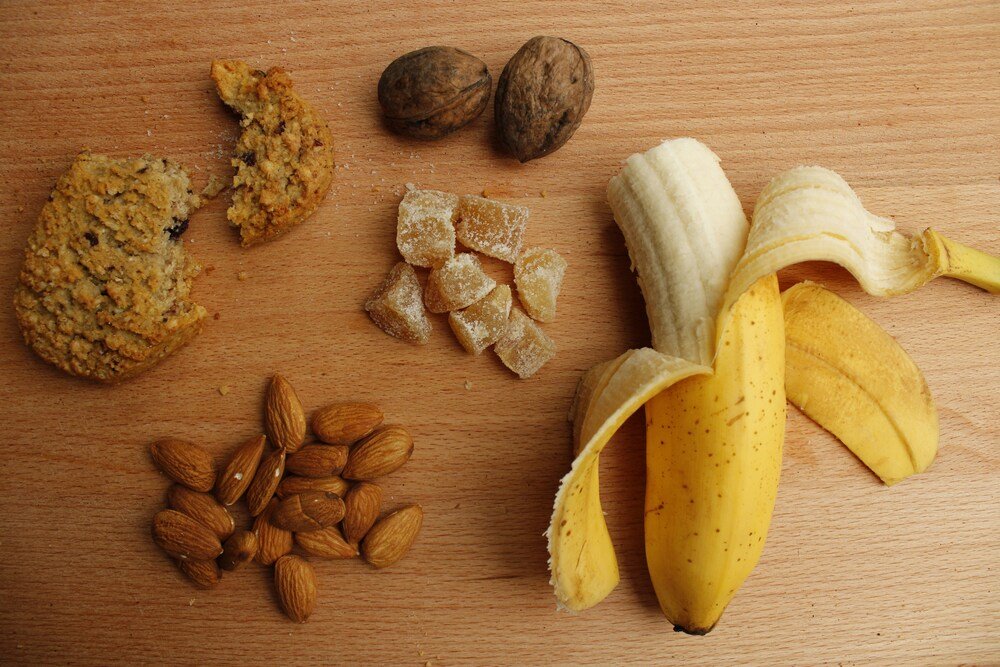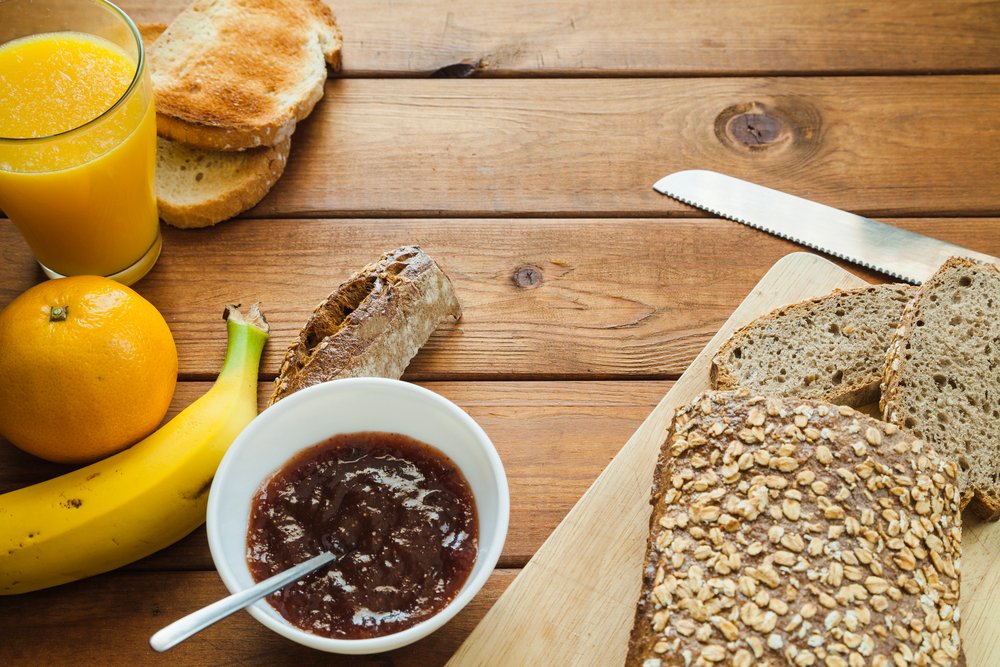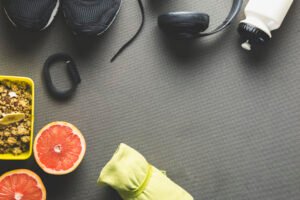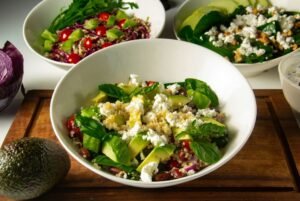It is well known that the best energy source for athletes (more specifically, runners and cyclists) is carbohydrates. For this reason, there is a tactic widely used among athletes to maximize performance during long races (half marathons, marathons, triathlons, etc.). In this post, I’ll briefly explain Carb-loading and how to follow this tactic.
What is Carb-loading?
Carb-loading is a tactic that you can follow for a week, 3 days, 2 days, or 1 day before a long-duration competition – longer than 2 hours – (e.g. half-marathon, marathon, triathlon).
This tactic is used by many athletes to ensure that muscle glycogen stores are full before a race. This will prevent the famous “hitting the wall” = a rapid and dramatic drop-off in performance due to muscle glycogen levels becoming critically depleted. Therefore, your pace slows, and your muscles may start cramping and feeling fatigued.
Through carb loading, endurance athletes store excess carbohydrates in the liver and muscle, making it easier for their bodies to release them during races and long-distance runs.
How to Carb-Load?
There are a few ways of carb-loading. It depends on whether you’re doing it for a week, 4 days, 3 days, 2 days, or 1 day before a competition.
But basically, it’s about increasing the amount of carbohydrates in each meal and snack.
A very basic example: Instead of one piece of toast, have two. Instead of half of a baked potato, eat the whole potato.
If you’re carb-loading a week before the test, it’s best to avoid sweets so as not to cause any inflammation.
Eating more carbs than you normally would, but still keeping a balanced plate, is the idea.

Carbohydrates to eat the week of the competition during carb-loading
Focus on:
• Rice
• Legumes
• Whole grains
• Starchy vegetables
• Fruits
Carbohydrates to eat the day before the competition during carb-loading
The day before the race, stick to only simple carbohydrates because they are easy and quick to break down and use as energy:
- Potatoes
- Pasta
- Couscous
- Rice
- Oats
- Pancakes
- Bagels
- White bread
- Banana
Remember that meals rich in carbohydrates, without practice and nutritional training on the intestine, can cause extreme stomach discomfort or GI issues.
I recommend practicing a carb-loading strategy before a couple of long runs before race day. It helps see how your body responds to the higher-carb intake and gives you a chance to tweak things if needed—so there are no surprises when it counts.








